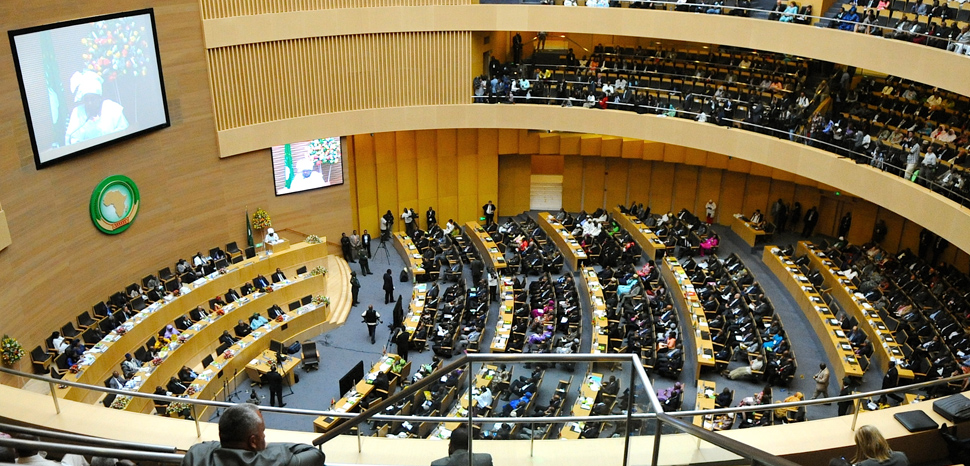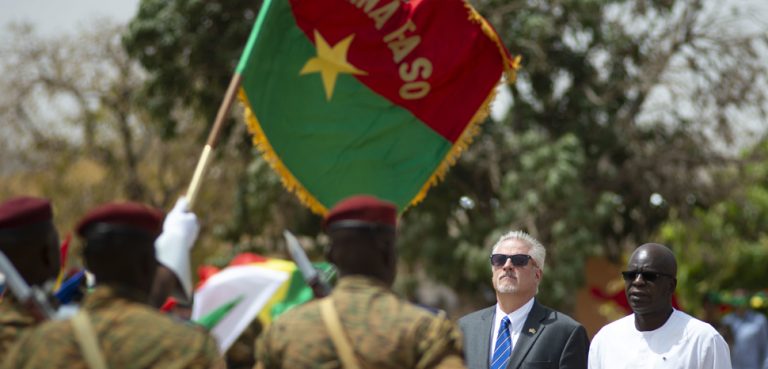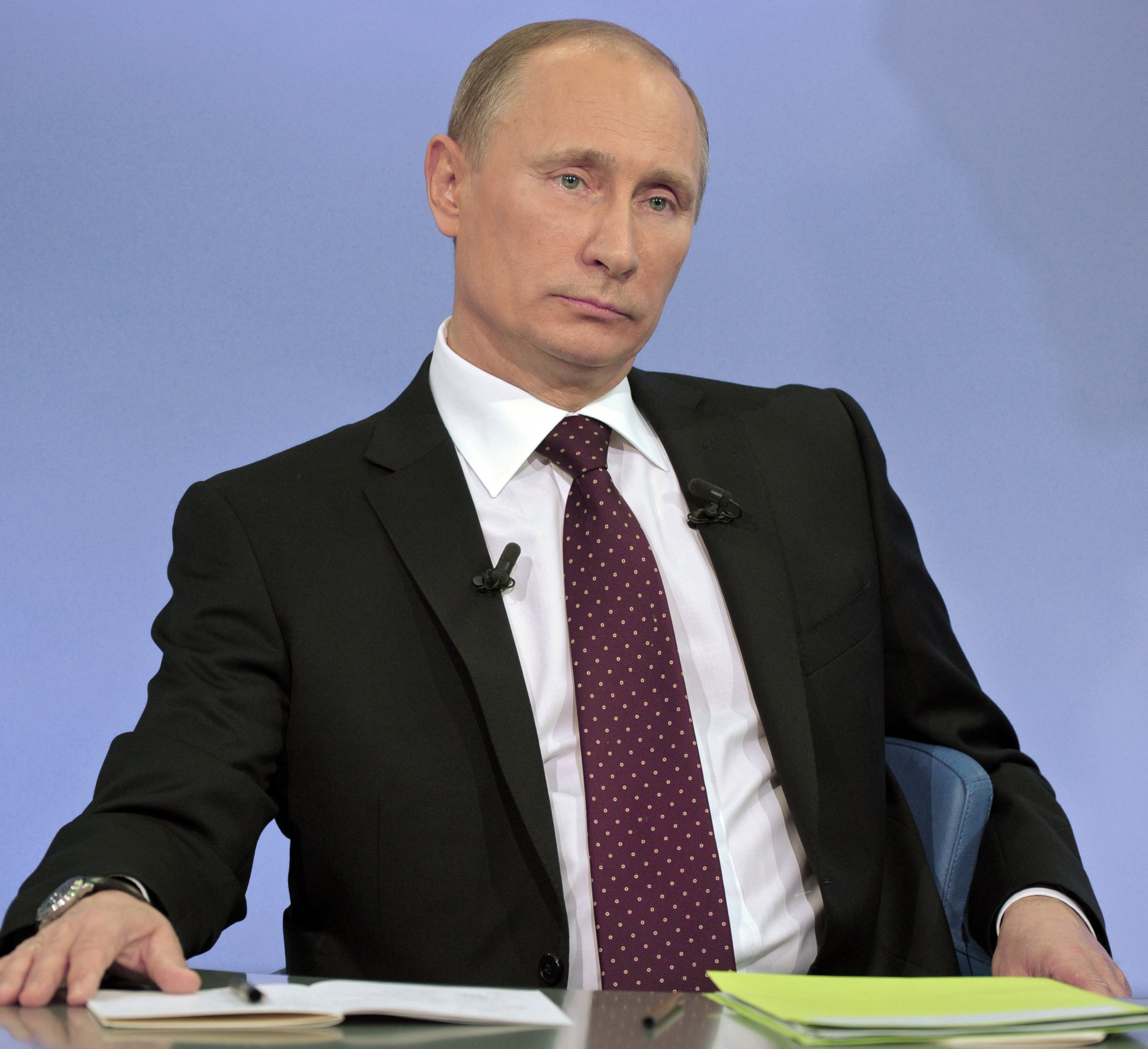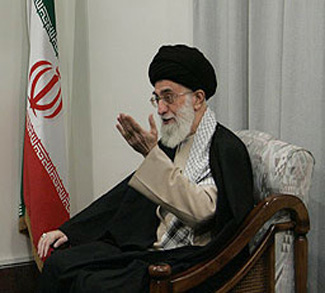Quixotic, sluggish, and toothless are just some of the terms used to critique the legitimacy of the African Union (AU) and its policies. Now in the 18th year since its founding, the AU faces what could be its most exigent set of challenges to date. In North Africa, spillage from Libya’s Civil War has complicated ongoing counter- terrorism and insurgency efforts of neighboring Algeria, Egypt, and Chad.
In spite of foreign military support, the continent’s western half, which includes much of the Sahel, has been ravaged by a blend of terrorism and ethnic conflict that spans Nigeria, Niger, Burkina Faso, and Mali. Having endured daunting civilian and military casualty figures, the efforts of these countries to wrestle control from armed groups operating in largely lawless territories has seldom yielded promising results. Such conditions are a far cry from the lofty proclamation the AU made just seven years ago, in which the organization declared it would “silence the guns” and bring about a conclusion to the continent’s violent conflicts by the year 2020.




